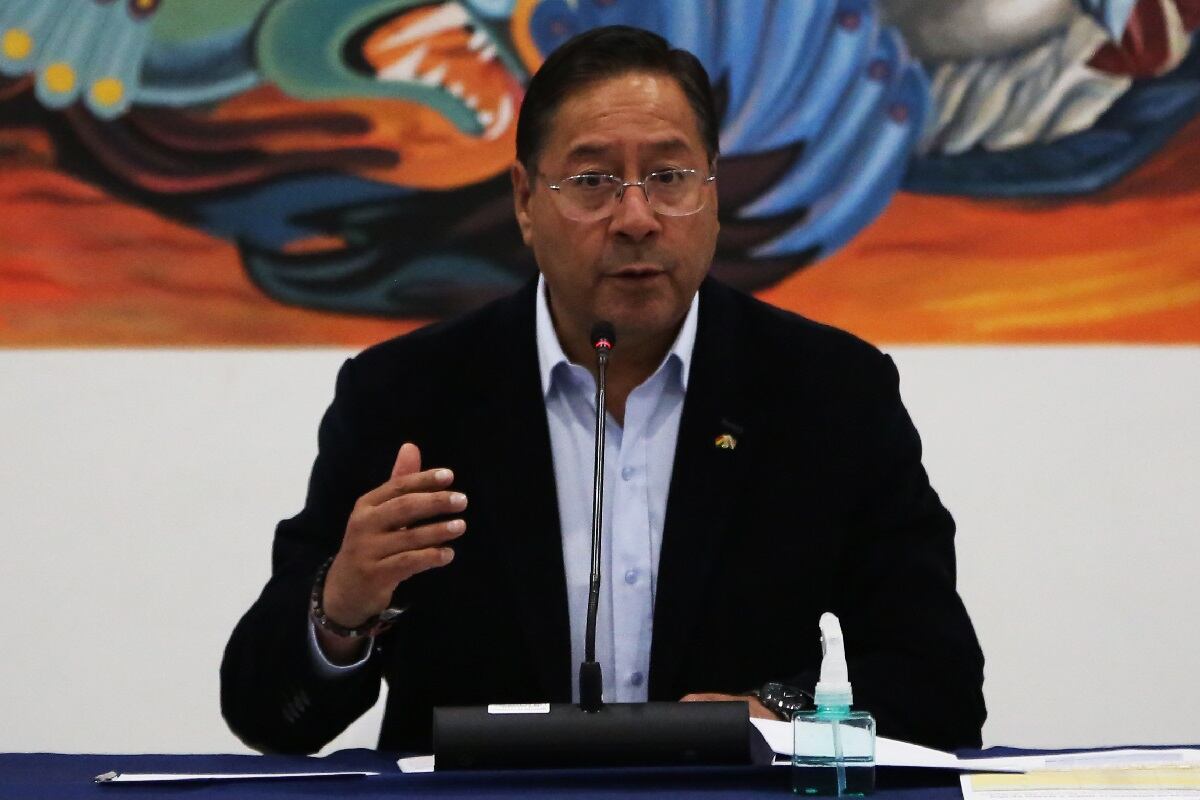
The Government of Luis Arce expressed on Sunday its confidence that the Senate of Bolivia will approve the country’s accession protocol to the Mercosuras the Chamber of Deputies has just done.
In a statement to the media in the southern region of Tarija, the Bolivian Foreign Minister, Celinda Sosaexpressed his satisfaction because “After six months it has been possible for the Lower House to approve the Mercosur accession law protocol”.
This occurred on Friday morning and the rule was sent to the Upper House, where the chancellor must also explain the details and benefits of Bolivia’s integration into the regional bloc as a full member, as she already did in the Chamber of Deputies.
“Now we have to go to the Senate, we hope that in the Senate it will also happen“, held.
The minister highlighted that once Bolivia is fully integrated into the bloc, it will be “in a unique and advantageous position in the regional context” and it will become “at the connection point between two South American integration organizations”, which are the Andean Community (CAN) and the Mercosur.
He also highlighted that the country will join the fifth economic block “largest in the world with a population of 295 million people” and will share spaces with nations that are part of the G20 and the BRICS group of emerging economies.
Another advantage is that Bolivians living in the other nations of the bloc, which are more than one and a half million people, according to Sosa, will acquire the status of citizens of Mercosur and will have “free transit”, protected rights and access to work spaces, health and education, he indicated.
Bolivia It will also be able to participate in the existing regional value chains in Mercosur, in which it will have a deal “special” and “differentiated” for the entry of their products to member countries.
“Being part of Mercosur is going to bring us great possibilities to improve in all aspects, especially in economic and commercial aspects.” and in physical integration, he added.
Bolivia was a State associated with Mercosur since 1998 and in 2015 it signed the accession protocol, which required the endorsement of the legislative bodies of Argentina, Brazil, Paraguay and Uruguay.
The only thing missing was the Brazilian Parliament to ratify Bolivia’s accession, which finally occurred in November 2023 and became official at the LXIII presidential summit of the regional bloc held in December in Rio de Janeiro.
Bolivia has up to four years to adapt its legislation to that of Mercosur, mainly its tariff regime, and thus complete its accession process.
In the first days of July, the next summit of heads of state of the bloc is expected to take place in Asunción.
Source: Gestion
Ricardo is a renowned author and journalist, known for his exceptional writing on top-news stories. He currently works as a writer at the 247 News Agency, where he is known for his ability to deliver breaking news and insightful analysis on the most pressing issues of the day.












